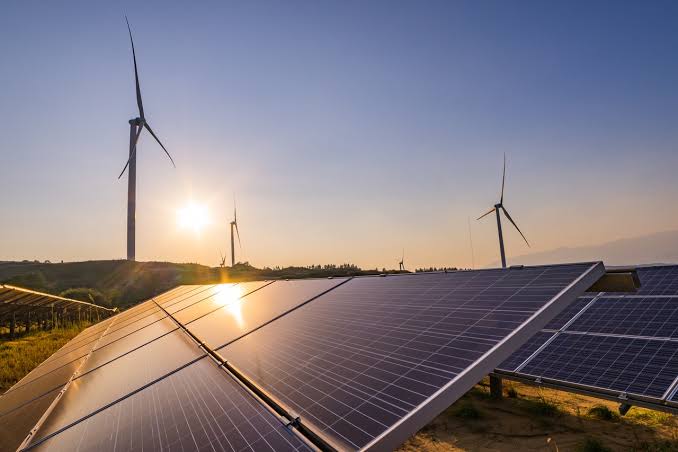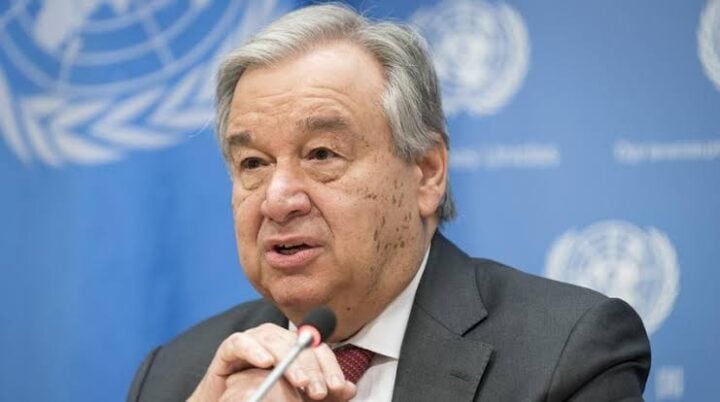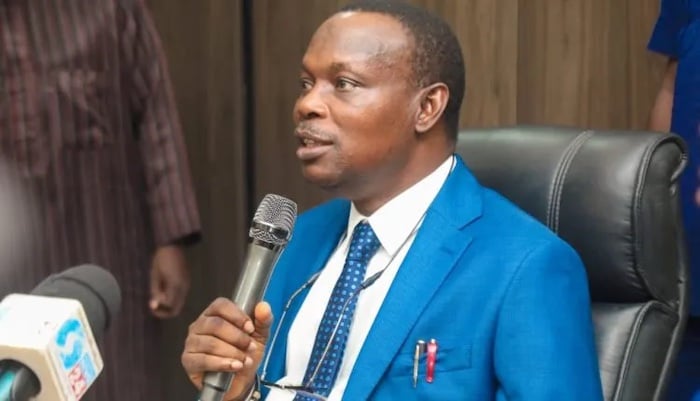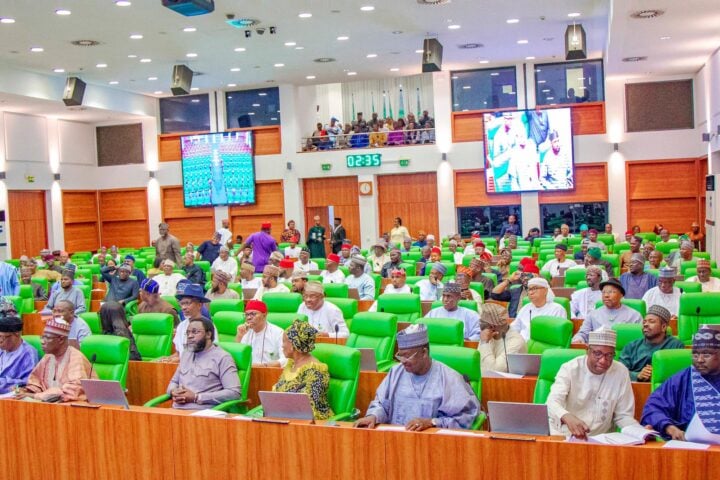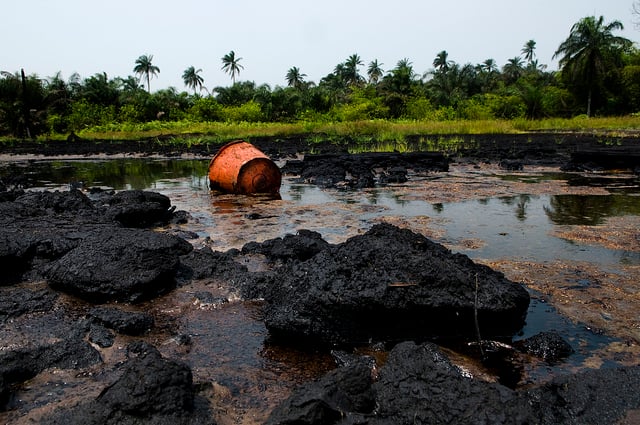A new report by Agora Policy, an Abuja-based think tank, says Nigeria needs to embrace opportunities offered by the green economy and pursue a low-carbon and climate-compatible development pathway.
The report titled: ‘Climate Change and Socio-Economic Development in Nigeria’, was released in collaboration with MacArthur Foundation on Monday.
According to the report, Nigeria is at risk of becoming one of the countries most affected by climate change, unless “urgent and bold actions” are taken.
The report said that as at 2020, Nigeria lost at least $100 billion annually to climate change effects and that the country may lose trillions of dollars in manufacturing, construction, and oil and gas.
Advertisement
The report projected 2.9- and 5.7- degree Celsius rise in temperatures across different ecological zones in the country; as well as increased floods, droughts, erosion and rising sea levels.
It said there is a likelihood that 75 percent of the delta could be lost; which could have adverse effects on agricultural yields, food security, health, water and energy sufficiency, peace and security, and longevity of critical infrastructure.
“It is evident that climate change is not a marginal or peripheral issue that the government and the people of Nigeria can take lightly,” the report reads.
Advertisement
“Climate change is compounding poverty challenges in Nigeria and impeding the attainment of Sustainable Development Goals (SDGs).
“Climate change is already increasing hunger, poverty, disease-burden, migration, conflict and insecurity in Nigeria.
“It is damaging infrastructure, changing Nigeria’s coastlines, fueling desertification, producing water scarcity, facilitating erosion and resulting in the loss of revenue for states and the national government.
“Nigeria risks becoming a stranded country. Climate change has the potential to further jeopardise Nigeria’s economic development and alter its geographical, social and political trajectory for decades.”
Advertisement
SINK OR SWIM
The report, however, added that climate change offers opportunities for economic competitiveness, energy security, and sustainable development.
It urged governments to consciously pursue a climate-compatible development agenda by investing in renewable energy, promoting climate-smart agriculture, embracing green manufacturing, harnessing natural resources for adaptation, and enhancing disaster risk reduction systems.
According to the report, other solutions include strengthening national climate change frameworks, mainstreaming climate change in the country’s development process, building a climate-resilient and competitive economy, and boosting adaptive capacities of communities in different ecological zones in the country.
Advertisement
Other possible solutions were listed as incentivising investment in low-carbon industries, increasing public awareness about climate change, advocating for a fair and just energy transition, and pursuing a collaborative approach to low-carbon development.
“There are many climate-led opportunities that Nigeria can explore to enable rapid economic growth, create jobs for a rapidly growing youthful and urbanising population, and address high levels of abject poverty and inequality through a just transition,” the report reads.
Advertisement
“Leveraging climate action to pursue economic development in Nigeria is not only a viable but an essential strategy.
“The global transition from a high-carbon economy to a low-carbon economy is already well underway and will produce winners and losers across the world.
Advertisement
“Whether Nigeria will swim or sink in the face of the transition will depend on its willingness to take urgent action now and re-align its national development strategies towards a low-carbon economic future.
“To transform climate change from a significant threat into an opportunity requires deliberate planning supported by immediate, bold and courageous action.”
Advertisement
Waziri Adio, the founder of Agora Policy, said the report aims to further raise the policy profile of climate change issues in Nigeria and “trigger the necessary actions on what is clearly an existential issue for our country”.
“Climate change did not feature as a major issue in the 2023 general election, despite the significant challenges and opportunities it presents to the country,” Adio said.
“It has also not featured as a major priority of the new administration. This needs to change, and urgently too.”
